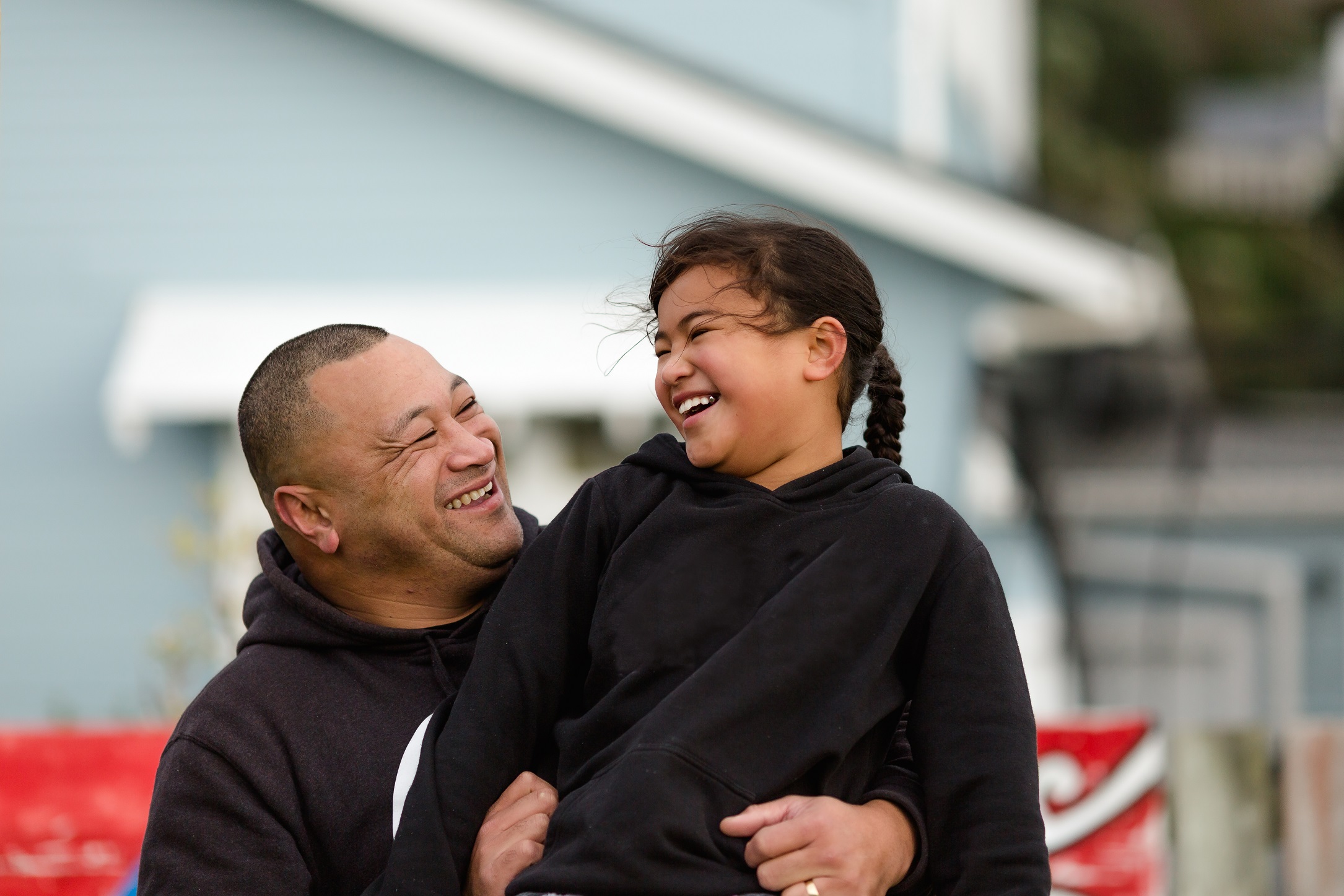Keeping families together
Our early support and intensive response services aim to keep tamariki safely with their whānau, with the help of community service providers.
As at Hune 2020, the total budget for our prevention and early support and intensive response services was $177 million.
The top 5 services, and how much we invest in them, are:
- Family Start – $51.0 million
- Social Workers in Schools (SWiS) – $27.6 million
- Medium to high intensity wraparound family support services – $25.7 million
- Low to medium intensity family support services – $8.5 million
- Children’s Health Camps – $14.6 million.
Early support
We provide and co-ordinate early support services to tamariki and their whānau to address early signs of need, and reduce the risk factors that may lead to a tamaiti going into care.
Family Start
Family Start is a flagship home-visiting programme for pregnant mothers, and whānau with infants and tamariki up to 3 years old, and up to 5 years old in some cases.
Every year Family Start works with 7500 whānau – this involves 11,000 home visits per month. A small proportion (around 2%) of tamariki in the programme go into care.
Find out more about Family Start
Social Workers in Schools
Social Workers in Schools (SWiS) is a school-based and community social work service, provided in about 700 English-medium and Māori-medium decile 1 to 3 primary and intermediate schools (Years 1 to 8).
In the 2018/19 year, SWiS worked with around 8500 to 9000 tamariki and whānau.

Intensive response
Along with our partners, we've established a new collaborative approach of intensive support for whānau where a tamaiti is at risk of going into care. This involves working closely with whānau so that a tamaiti can remain, where possible, safely at home with their whānau, within their culture and connected to their communities.
Working in partnership to collaboratively design
These intensive response models are being designed in collaboration with whānau, hapū and iwi and the wider community sector.
They know what their tamariki need and it’s vital we support them to find and develop the solutions. For now, this involves 4 Oranga Tamariki sites: Ōtautahi East, Tokoroa, Horowhenua and Ōtāhuhu.
We're also looking to progress some other collaborative design discussions in areas including Heretaunga and Ahuriri, the Far North and Upper South.
The Mokopuna Ora Sustainability Project is built on a strategic partnership with Waikato-Tainui to codesign and deliver a framework that is focused on supporting whānau to keep tamariki out of care and, where they need to be taken into care, ensuring that whakapapa and whānau connections are maintained. Waikato Rural North and Papakura are the sites connected to this work.
Learning from and expanding existing relationships
We're supporting the implementation of intensive response models in areas where strong relationships between us and community partners are already in place. These are supporting around 340 whānau to stay together across the motu.
We've started planning to expand support so that whānau get the support they need to achieve their goals and stay together.
Published: October 10, 2023

